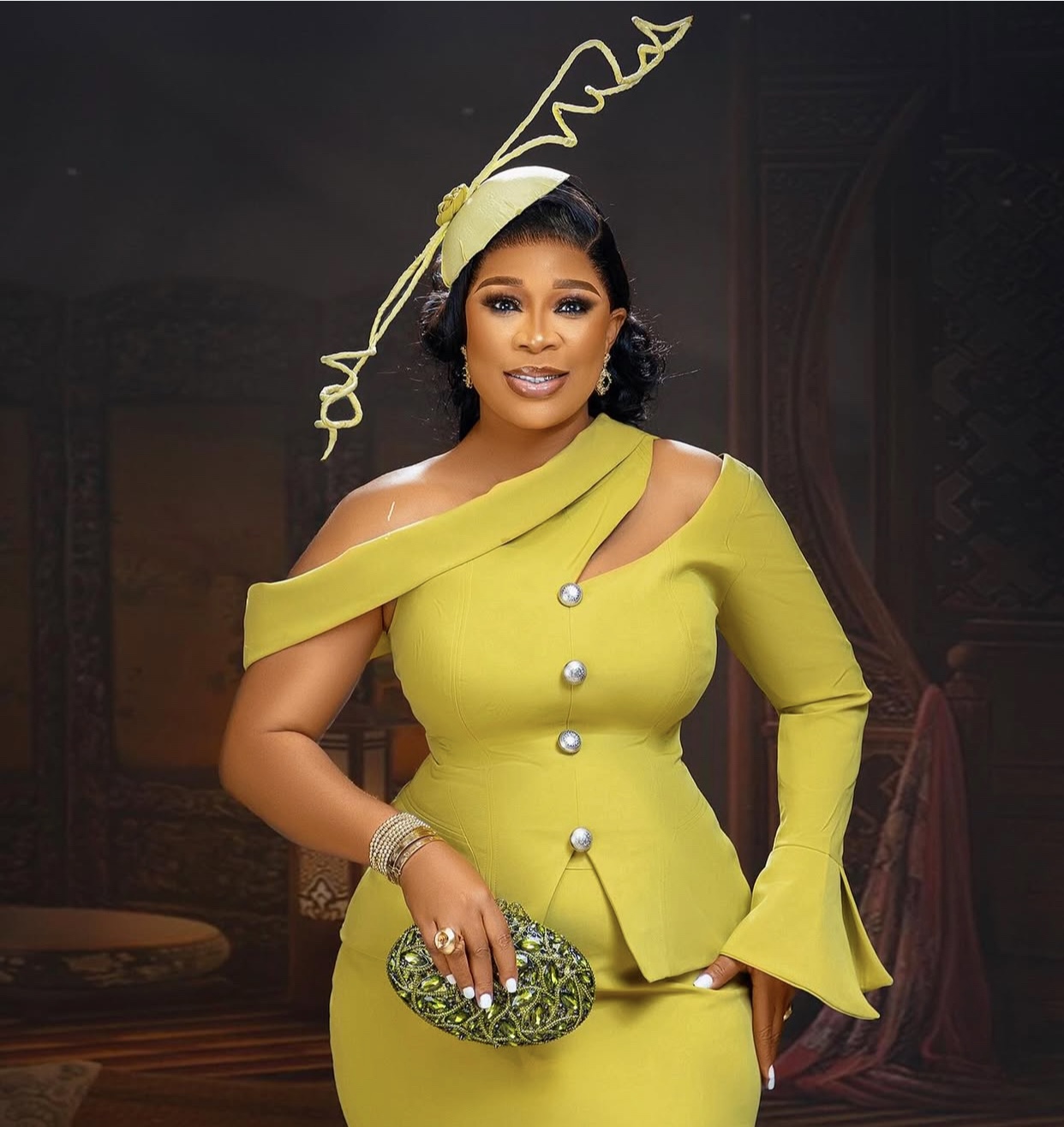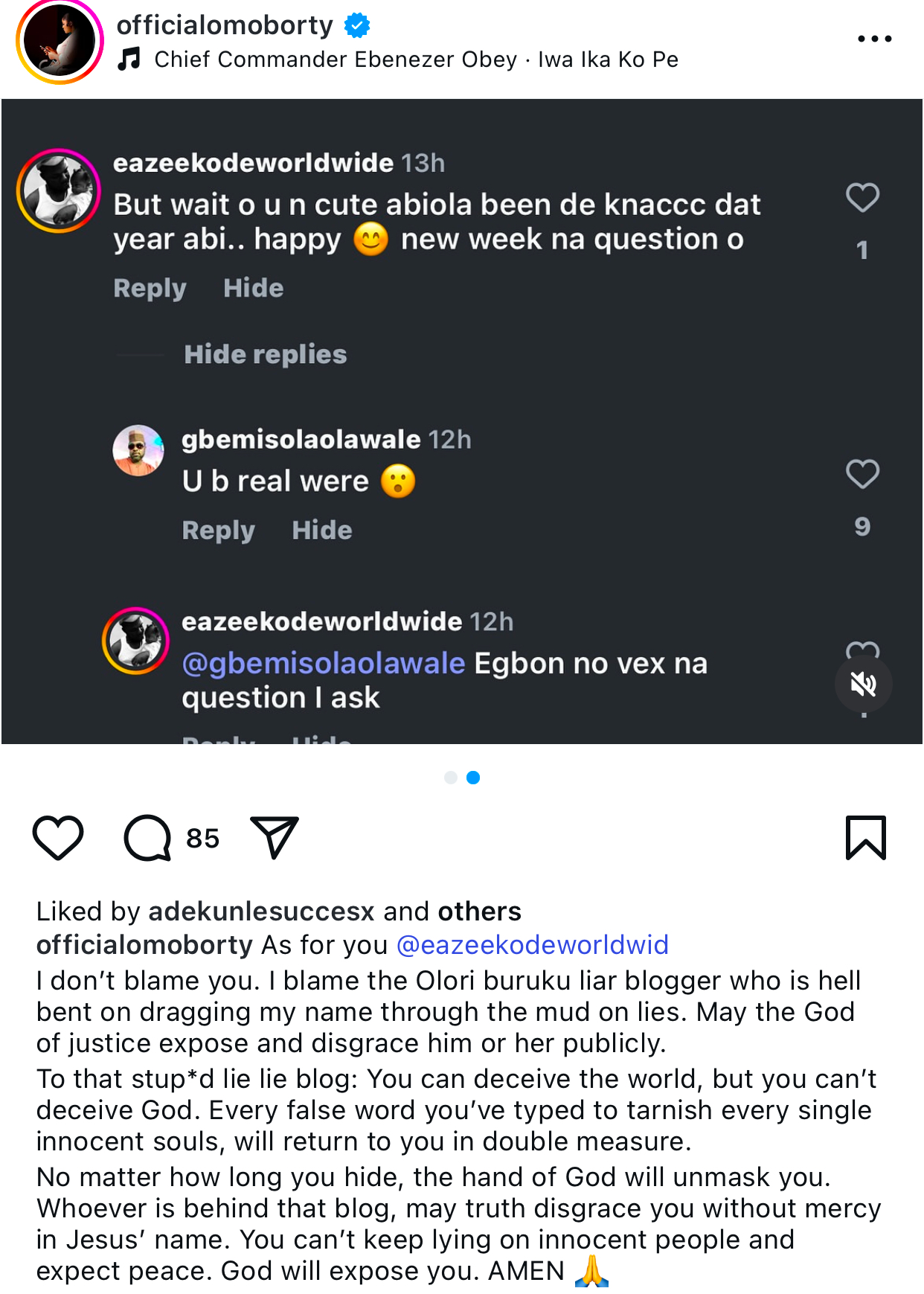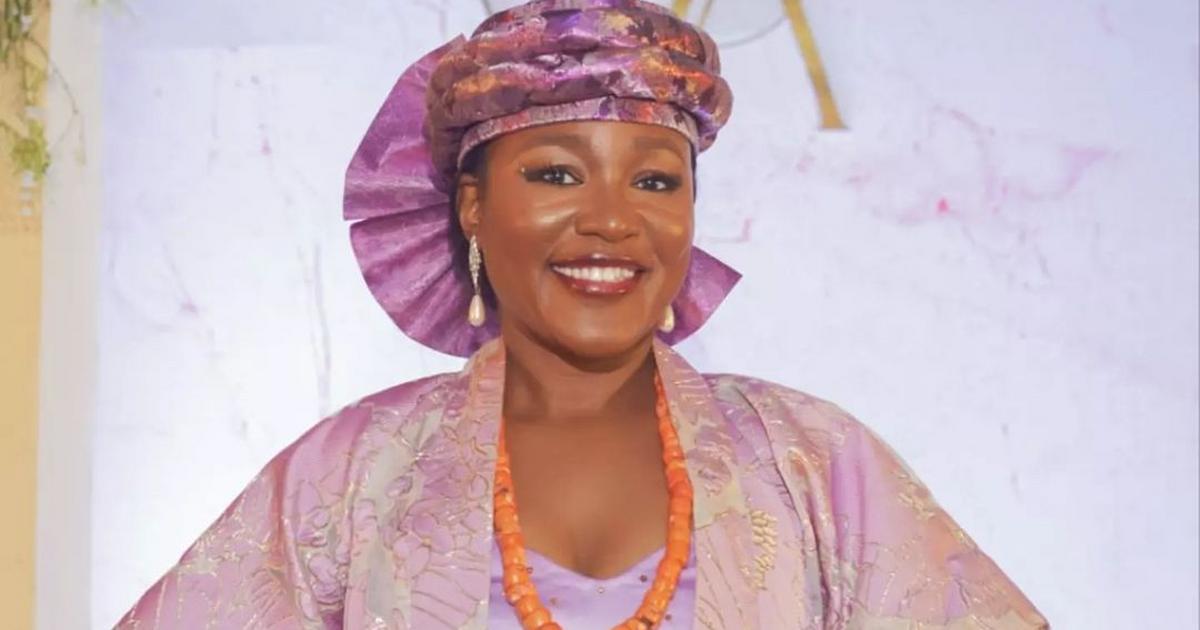Audu has several films to her credit including Elesin Oba: The King’s Horseman, Kasala, and A Place called Forward.
As an advocate for social justice, she supports the United Nations Refugee Agency (UNHCR) and uses her platform to raise awareness about issues like sexual and gender-based violence. This passion inspired her to create the short film Not Right, which addresses domestic violence in Nigerian society and encourages women to speak out.
During a talk session at the Nollyfemme Shorts programme on August 30, 2024, Audu confirmed her love-hate relationship with Nollywood noting the challenges and limitations filmmakers often face and urged her colleagues to show empathy toward one another.
“Even though I love doing this, I have a toxic relationship with Nollywood. What I’ll say to every filmmaker out there is that be nice to people. It takes nothing to be nice to people. It is hard making a film and it is harder making a film in a toxic environment. That is my life mantra, be nice to people,” she said
She also stressed that films made with passion tend to stand out and that everyone involved in the production will feel a sense of ownership without needing to be coerced.
“Films that you make in love do so well. Everyone that worked on that project will own it as their own. They won’t be coming to set as if they are coming for a job but coming because it is a collaboration. If this film do well na all us, if e do bad na all of us. Nobody associates with a bad film but when the film does well, everyone will identify with it, you have to beg them to post about it, and they’ll all say, I was there. If you make a film that everyone loves you will not beg anyone to post for you. They’ll post it because they feel it is theirs and they want the film to do well,” she said.
Audu also expressed her frustration with self-proclaimed gatekeepers who hinder the progress of filmmakers and critics who harshly judge films without acknowledging the effort put into them.
“Nollywood is for all of us and I believe we all want the best for Nollywood because every opportunity that opens up, a win for one is a win for all. What we do in Nollywood is that when one person opens the door another person goes and shuts it but in shutting it, you shut it for yourself too. The way we talk badly about our people is making outsiders talk to us badly too. How many of us watch Nollywood films and just move on in life but when we watch our film, we drag it down, tear it down knowing how hard it is to make a film in this climate, especially in this kind of economy,” she added.
Audu emphasised that filmmakers usually don’t intend to make bad films, but sometimes circumstances beyond their control force them to release a subpar product.
“Nobody sets out to make a bad film, nobody leaves their house and says today I’m going to make a bad film, they go out, try to make a good film and they go to their edits and things don’t just pan out the way they planned. They’d love to go do pickups but they don’t have the money to go do it so they just put the film the way they can. I think we should be more empathetic to our fellow filmmakers. We know how it is. If outsiders say it we shouldn’t say it cos as filmmakers we know what it takes,” she said.
She recognised female filmmakers who have set the stage for emerging filmmakers by changing the narrative and demystifying the beliefs surrounding women in general.
“If we were to mention ten best filmmakers, we’d have female names. I love that we are changing the narrative, breaking that bias, breaking that barrier of how women are being seen and accepted. As a woman when you get into a space, forget about your sex, it doesn’t matter, your work will speak for you. When you step into a place people will not say na because she be woman na why de get the job, they’ll call you because they know you can do the job. That’s why I’m so proud of women changing the narrative now,” she said.
She advised female filmmakers to focus on their craft and continue the legacy established by previous generations of filmmakers.
“Be among the females doing the work, continue that trajectory, continue that legacy. Don’t be among those women who when they step into a place announce their status or their roles, you don’t need to shout, your work must speak for you. If you do your work, you won’t need to announce yourself. When actors see that you know your work, they will see and respect you,” she concluded.






